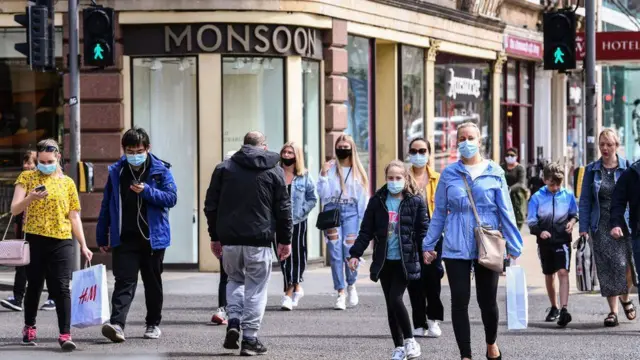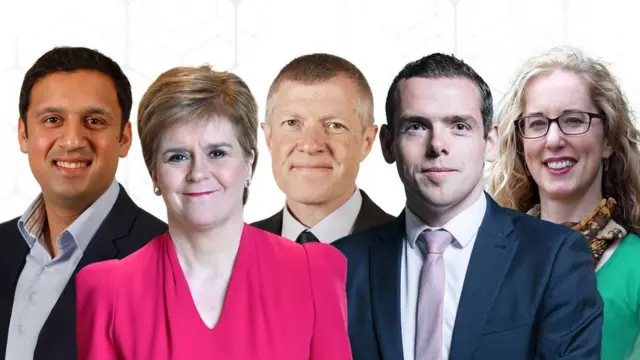Who chooses the questions?published at 19:14 BST 30 March 2021
The production team asked audience members to submit questions and then selected the best and most representative of these.
They have ensured there is a range of political opinions among the questioners.
The first time the leaders hear each question will be when the audience member asks it.
Throughout the programme, audience members will also be given the opportunity to ask further spontaneous questions to the panel, or, of course, to make their own comments.


